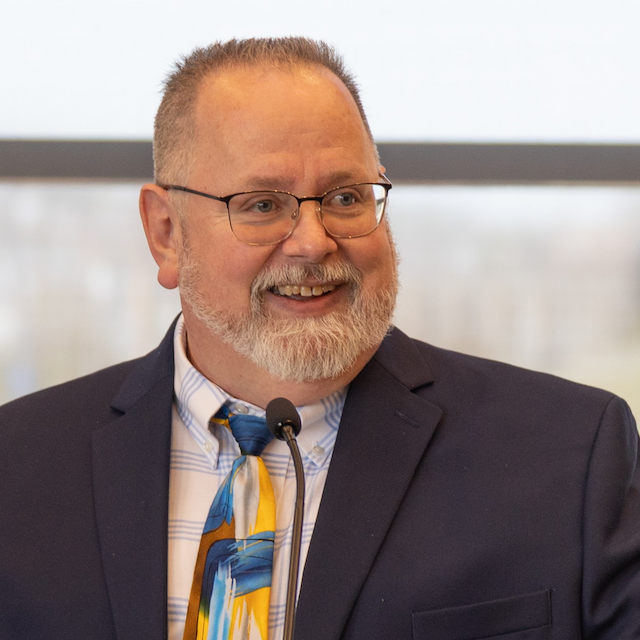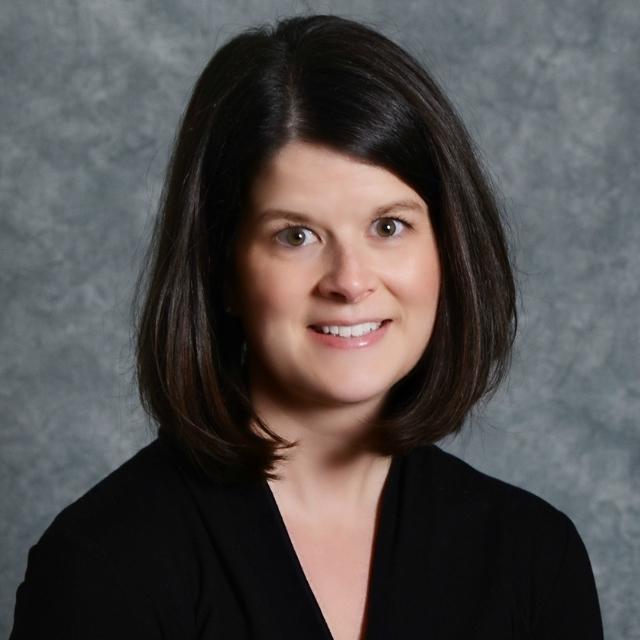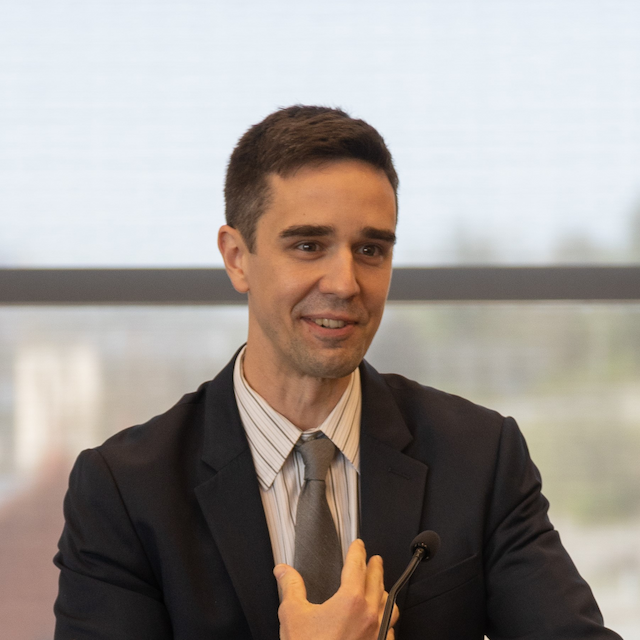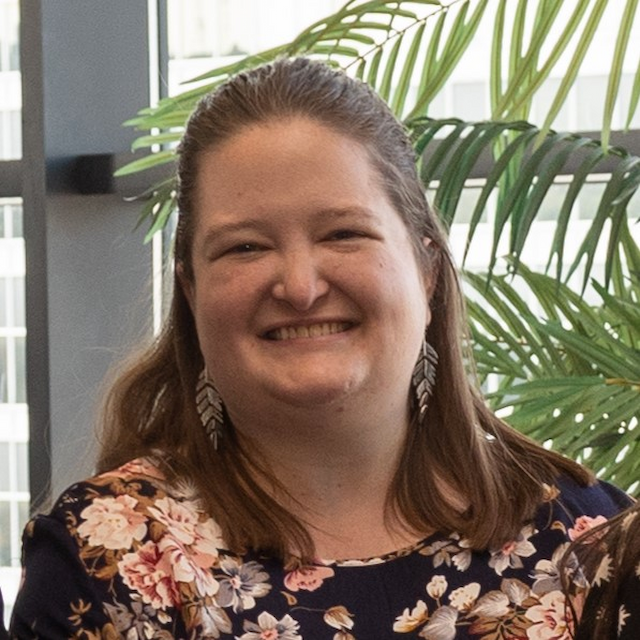Individual Consultations - The Center for Teaching Excellence provides individual, confidential consultations for faculty and graduate student teaching assistants on
- college teaching and learning
- student learning assessment
- scholarship of teaching and learning
- successful academic careers
- teaching award and mini-grant submission preparation
These consultations may range from a brief phone call, single meeting, or email exchange to semester-long work. To arrange a consultation, reach out any member of CTE staff through our contact information provided at the bottom of this page.
Early Course Evaluation - Students and faculty alike benefit from early feedback on teaching and learning - while there is still time to make changes in the course. Faculty can gather this information on their own and shape the questionnaire to suit their purposes. Samples of early-course evaluation questions are available online. The feedback can be reviewed with a CTE consultant to identify desirable changes in teaching strategy. Remember to keep the focus on successful learning.
Small Group Instructional Feedback - This strategy has been used by faculty and TAs throughout Duquesne. A CTE consultant is invited to the class for 20 minutes. In small groups students are asked to identify the aspects of the class they find most helpful to their learning and to suggest specific changes. The class then comes together as a whole and the ideas from each group are shared; the consultant records only those ideas where there is a consensus. The instructor meets with the consultant to discuss the students' ideas and identify appropriate changes in teaching. The instructor then provides feedback to the students on the findings and often explains changes that result from the student input.
Classroom Observation - A CTE consultant will observe class sessions at the request of the instructor. Faculty request CTE observations, for example, to examine a particular teaching technique, a new strategy, use of technology, time usage, overall student-teacher rapport, student engagement in learning, or a general picture of a class. The instructor determines the focus of the observation. The consultant will meet with the instructor in advance to discuss the purpose of the observation and following it to discuss what was observed. CTE does not provide a written report of the observation. This observation and follow-up sessions are not part of the faculty peer review process used in the promotion and tenure process.
Program Consultations - CTE personnel provide consultations to deans, chairs, directors, and groups of faculty. For example, chairs and deans regularly request a consultation on curriculum revision and program-level student-learning outcomes assessment. We are happy to tailor resources or a workshop to the needs of a specific group of faculty.





